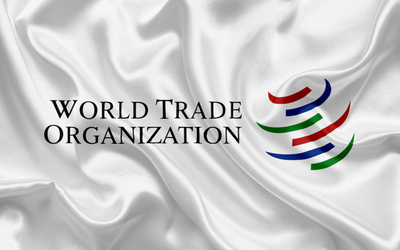The EU’s Proposal for WTO Modernisation: A Critical Assessment

In June 2018, the Council of the European Union gave the European Commission a mandate “to pursue WTO modernisation in pursuit of the objectives of making the WTO more relevant and adaptive to a changing world, and strengthening the WTO’s effectiveness”. A few months later, a group of 13 countries, which also included the EU, unveiled a process for WTO reform for “developing 21st century trade rules at the WTO”.
Couched under these broad-brush objectives lay the intent to alter the focus of the WTO fundamentally, to make the multilateral…




